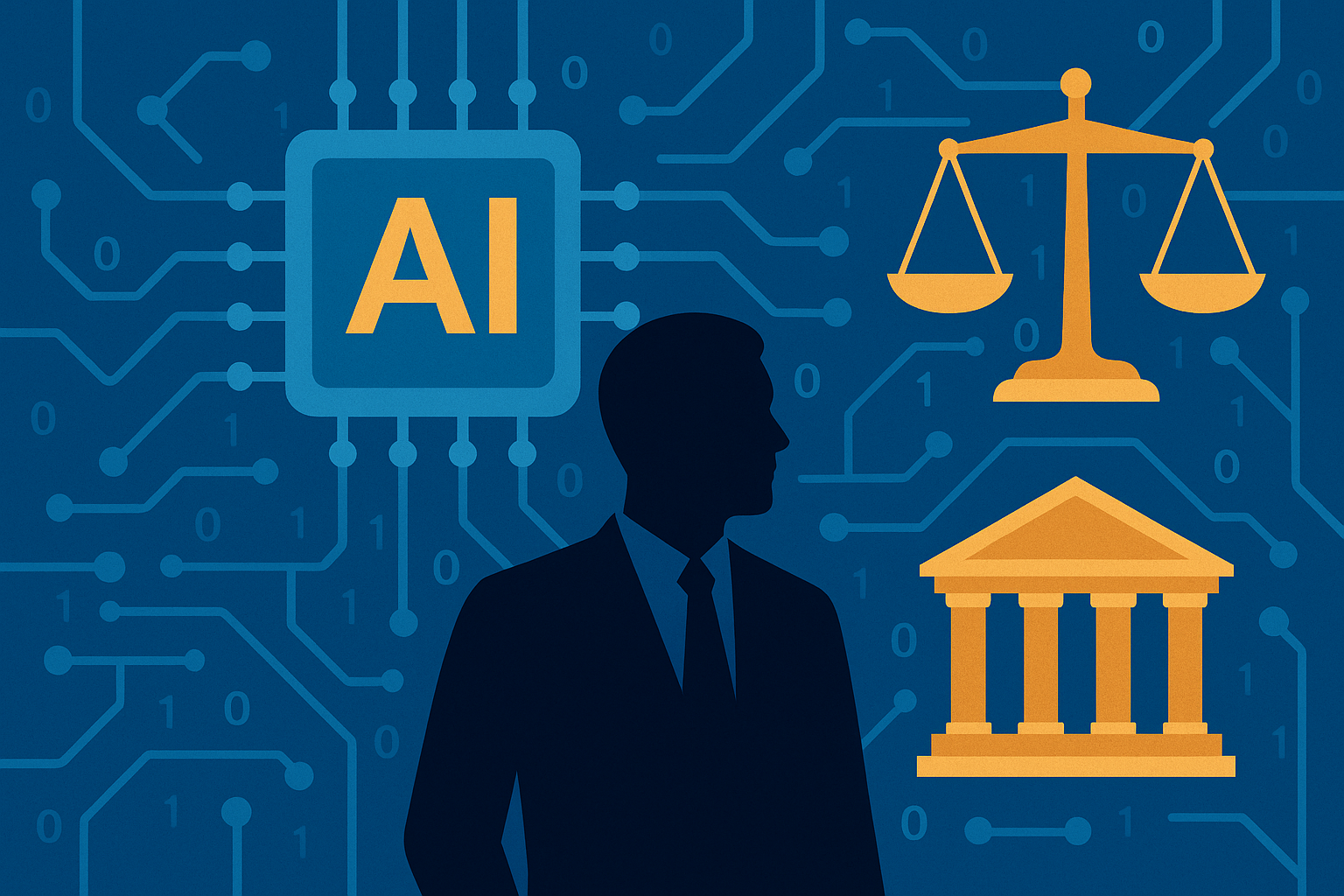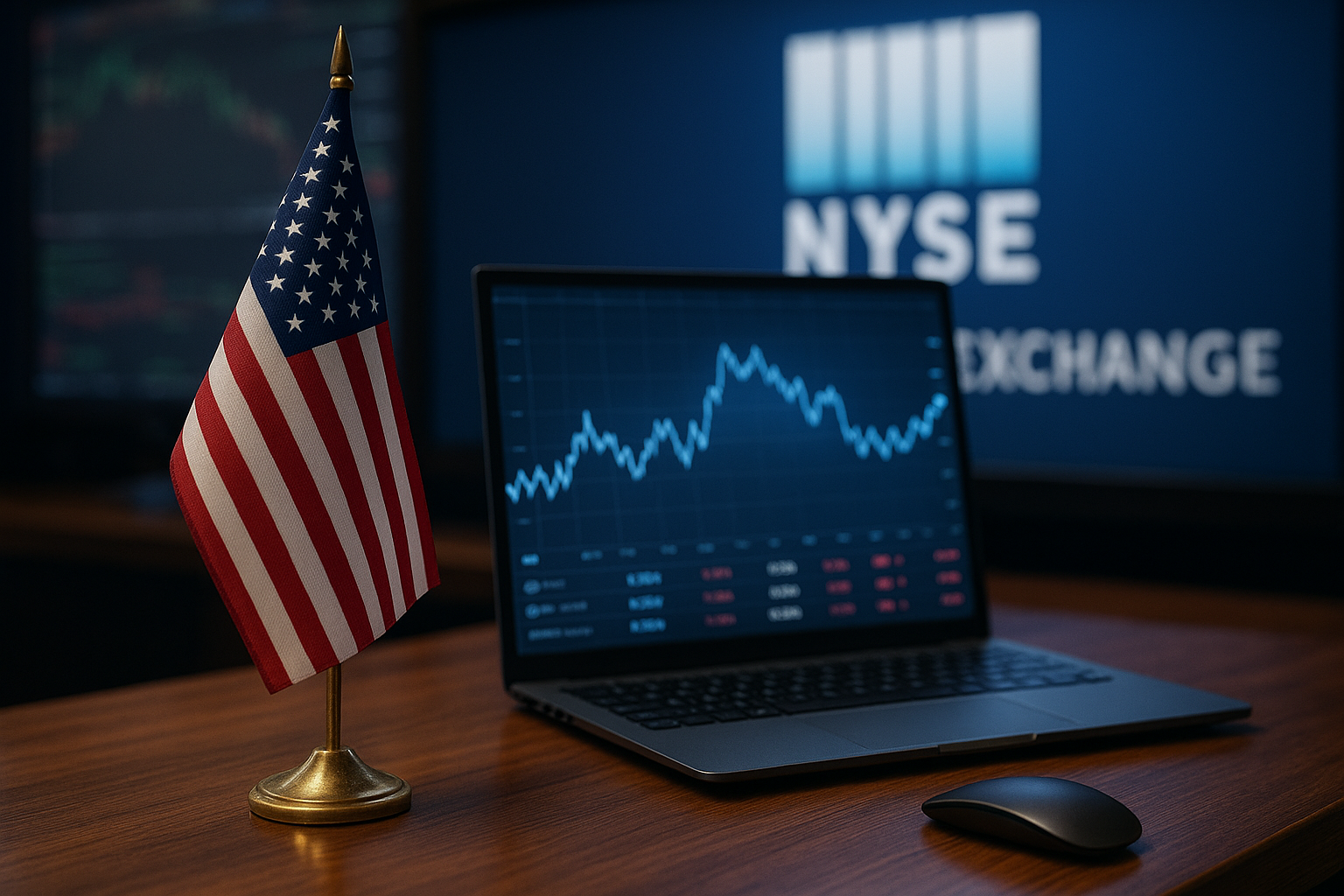As artificial intelligence reshapes global business strategy, corporate boards are no longer leaving governance to the IT department. According to a new report from EY, the number of S&P 500 companies with board-level committees overseeing AI ethics and risk has more than tripled in 2025—signaling a structural shift in how top firms manage one of the century’s most powerful technologies.
This move reflects not only increasing regulatory pressure but also growing investor demand for transparency, accountability, and long-term risk mitigation. In today’s environment, companies that proactively address AI governance could be rewarded with valuation premiums, while those that delay may face scrutiny from regulators, shareholders, and consumers alike.
Governance Isn’t Optional Anymore
EY’s 2025 Board Priorities report highlights a dramatic year-over-year increase in corporate AI oversight. As of Q2 2025, over 30% of S&P 500 companies have formalized board responsibilities for AI governance—up from just 9% in 2024.
This trend reflects broader macro signals. The SEC and FTC have both ramped up discussions on algorithmic accountability and AI transparency, while global frameworks from the EU’s AI Act and the G7’s Hiroshima AI Process emphasize board responsibility. With this backdrop, U.S. corporations are racing to institutionalize oversight mechanisms before rules become mandates.
“Companies are realizing that AI isn’t just a tech issue—it’s a governance, ethics, and brand issue,” said Alison Martin, managing partner at EY Americas. “Boards must be capable of steering AI usage in ways that align with business strategy, public trust, and regulatory compliance.”
Why This Matters for Investors
From facial recognition in finance to generative AI in healthcare and autonomous systems in logistics, AI systems now sit at the heart of many mission-critical business functions. Poorly governed models can introduce not only bias and reputational risk but also financial, legal, and operational liabilities.
Firms like Microsoft and Alphabet, which have established AI ethics review boards and third-party audit protocols, are already attracting ESG-conscious capital. BlackRock and Vanguard have both indicated a preference for companies that integrate AI risk frameworks into their enterprise risk management (ERM) systems.
Moreover, AI-related governance is now material to credit ratings. Fitch Ratings noted in a July 2025 bulletin that “lack of board-level AI oversight is emerging as a red flag in sectors heavily reliant on predictive analytics and autonomous decision-making.”
Future Trends to Watch
1. Third-Party AI Audits:
Investors should track companies that adopt third-party AI assessments—particularly in regulated sectors like healthcare, finance, and defense. These certifications are increasingly becoming a differentiator in public and private capital markets.
2. Cross-Functional AI Governance Committees:
Some forward-leaning companies are building hybrid governance teams that include board members, legal, compliance, technical, and HR leaders. This integrated approach improves both responsiveness and accountability.
3. Proxy Season Disclosures:
In 2026, proxy statements are expected to include more disclosures around AI governance. Investors should keep an eye on how boards communicate their oversight policies and how shareholder resolutions evolve in response.
Key Investment Insight
Companies that proactively embed AI governance at the board level—and integrate it across risk, compliance, and operational functions—may be better positioned to avoid regulatory surprises, litigation, or reputational damage. Investors should evaluate corporate disclosures, board committee charters, and proxy filings for evidence of strong AI oversight.
Watch for governance-led differentiation across industries: Fintech, biotech, and consumer platforms are particularly exposed to AI misuse risks, while also offering some of the highest upside for well-governed innovation.
Stay informed on how emerging technologies and corporate governance trends are shaping global markets—follow MoneyNews.Today for daily investor briefings, expert insights, and strategic analysis from the world’s fastest-moving sectors.





